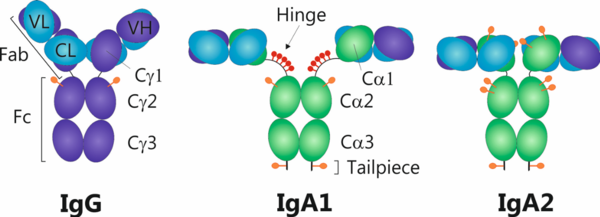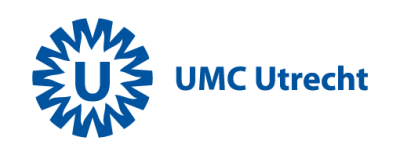IgA as therapeutic antibody for cancer
Through (pre)clinical research, the AllIgAther consortium aims to add IgA to the arsenal of immunotherapies. By offering a unique, life-saving treatment for IgG-resistant or refractory patients, AllIgAther has the potential to greatly improve the curation of cancer.
Cancer is a major burden of disease worldwide. Each year, tens of millions of people are diagnosed with cancer, and more than half of them eventually die from it. Immunotherapies with monoclonal antibodies (mAb) employ the body’s immune system to target and destroy tumors and survival has improved. However, not all patients respond and often relapses occur.
All clinically available mAb are of the Immunoglobulin G class (IgG). However, IgA can be effective in vitro and in vivo, and has an alternative mechanism of action: IgA has the unique capacity activating neutrophils to kill cancer cells. Neutrophils are our most abundant but often underappreciated white blood cells. However, no IgA has been approved for systemic use in patients because it was hard to produce and purify IgA, it has a short half-life and mice lack the IgA receptor hampering preclinical research.
Recently, we solved these issues, allowing us to prove the versatility of IgA mAb to treat cancer and to understand the underlying mechanism.
With this project we have learnt how IgA works, i.e. by attracting neutrophils with LTB4, we have shown that suppressor neutrophils can be activated with IgA to kill caner cells, and we have used neutrophils from patients to show that they can kill tumor cells equally well as neutrophils from blood of healthy donors. Moreover, the killing capacity of IgA can be enhanced by blocking CD47 as the don’t eat me signal on tumor cells.
Click here for more information.


